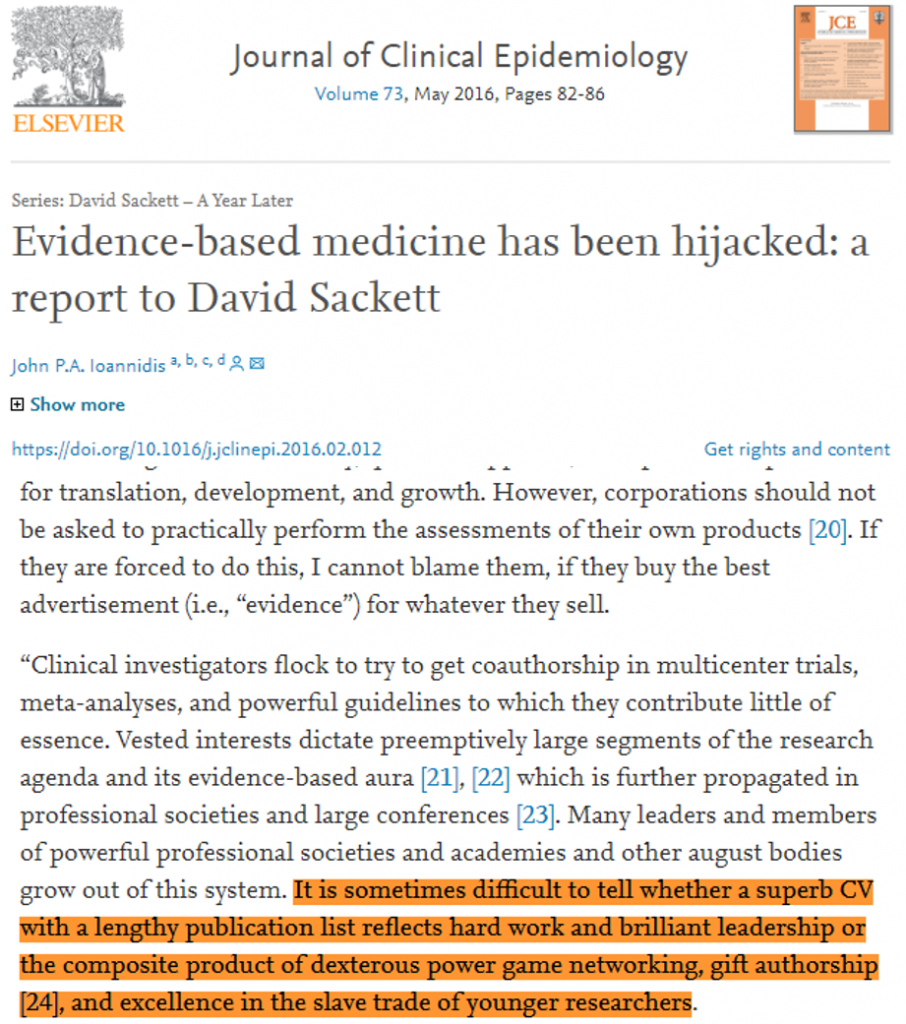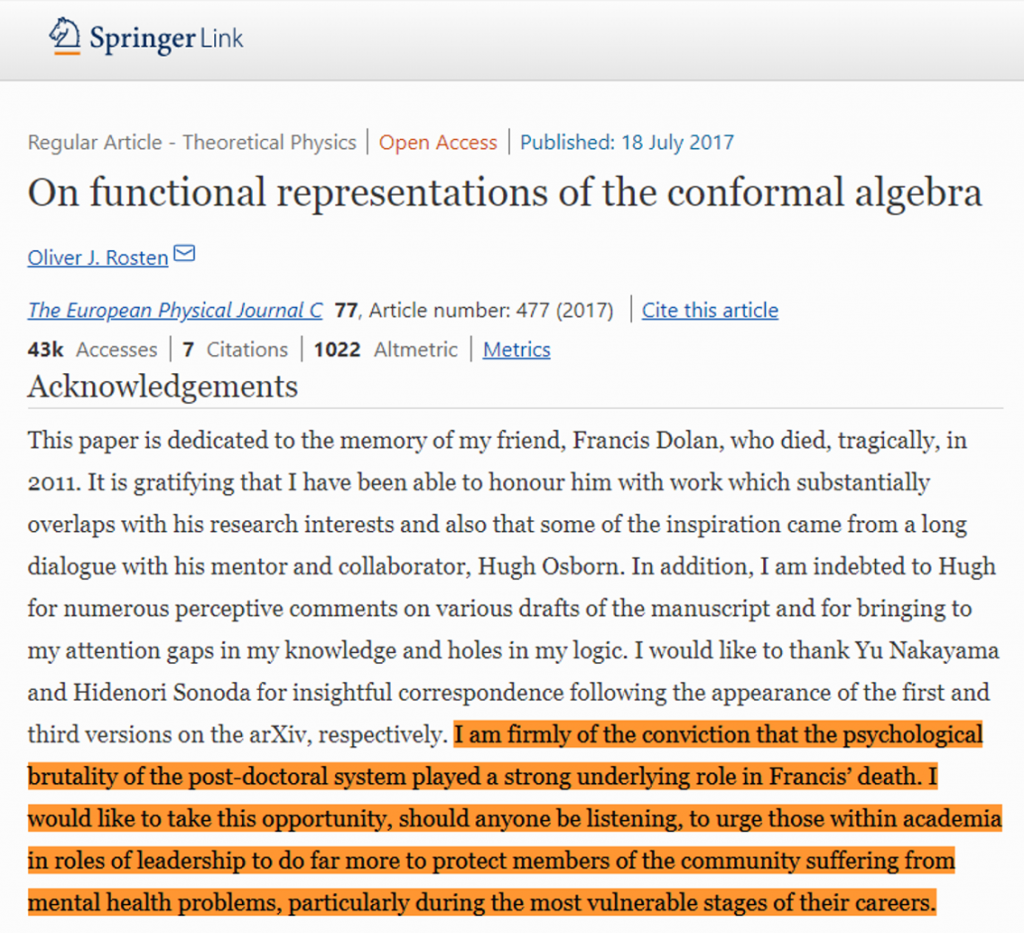We are looking for a student that wants to do a short research stay in The University of Sheffield, UK
The student should be highly motivated to do research and experimental, lab work.
This is a multidisciplinary project, that fits students from last years of bachelors to PhD degree, from degrees on environmental sciences, geotechnical engineering, chemistry, hydrology or geology .
Research Areas: Environmental Sciences, Geology, Hydrology, Geotechnical engineering, Chemistry.
….
Project Description
| Title: Evaluation of recycled landfill barriers against pollution: from centrifuge scale to reality |
| Research topic of the short-stay period: The dumping of waste produces a toxic liquid (namely leachate) that percolates downwards, polluting the surrounding areas and groundwater. To stop the migration of the leachate pollutants, barriers are required. The objective is to predict the performance of recycled and reactive barriers in the long term to build sustainable landfills. For this, we will use one of the biggest (2-m diameter) and most advanced geotechnical centrifuge (www.sheffield.ac.uk/ceigr/about). There are only 30 centrifuge of this type in the world and no one in Spain. To mimic the landfill barriers, clays blended with recycled materials will be compacted until 3-10 cm height at their optimum moisture in a cylinder of 10 cm diameter. The compacted cylinders will be permeated with Manchester landfill leachate and gas (50% CO2) while spinning in the centrifuge, to ensure conditions similar to reality. The speed (gravities) and time of spinning (days) set in the centrifuge will provide equivalences to barriers of 2.5 m thickness max. and time of 30-100 years. After centrifugation, each cylinder will be sliced into 6-10 samples, representing different depths of the barrier. The porewater (obtained in aqueous extracts 1/2 -1/2.5 solid-to-liquid ratio after bench centrifugation and 0.45µm-filtration) will be analysed for pH and electrical conductivity (electrodes), major anions and ammonium (IC), metals and rest of major cations (ICP-MS) and carbon (TIC/TOC analyser). The barriers tested will then be ranked from the least to the most effective one. The effect of rainwater on the reversibility of the attenuation will be considered, too. |
| Knowledge, skills and competences acquired by the student at the end of the short-stay (expected Learning Outcomes): S/he will: – acquire scientific knowledge covering from fundamental research (namely experimental analysis of multi-component solute transport in compacted porous media) to applied research (namely geotechnical and geochemical engineering design of barrier systems from first principles) – develop theoretical, practical and modelling skills in the evaluation and design of sustainable barrier systems to mitigate contaminant emissions from wastes disposal facilities – access the noteworthy training offered by the host institution, such as: —> research project, team-building and effective communication —> academic and research writing in English, good publication practice guidelines and bibliometric analyses —> effective presentations to different audiences using different media… |
| Monitoring plan: Available under request |
| Evaluation plan: Available under request |
| Benefits of the research short-stay to the host In turn the student will provide relevant support in lab-scale experiments for studying the attenuation processes through landfill barriers. The supervisor will give continuous training to the student and transfer her/him unique analytical and technical skills, from the very first moment. This will ensure a rapid productive start of the student in the host institution, under appropriate knowledge and direct supervision. Specifically, student will help in the: – preparation of barriers (homogenizing, sieving, blending, moistening, curing, compacting) – geotechnical engineering tests (soil consistency and permeability) – sampling of barriers after geotechnical centrifugation – preparation of aqueous extracts and determination of moisture contents – sample preparation for chemical analyses |

